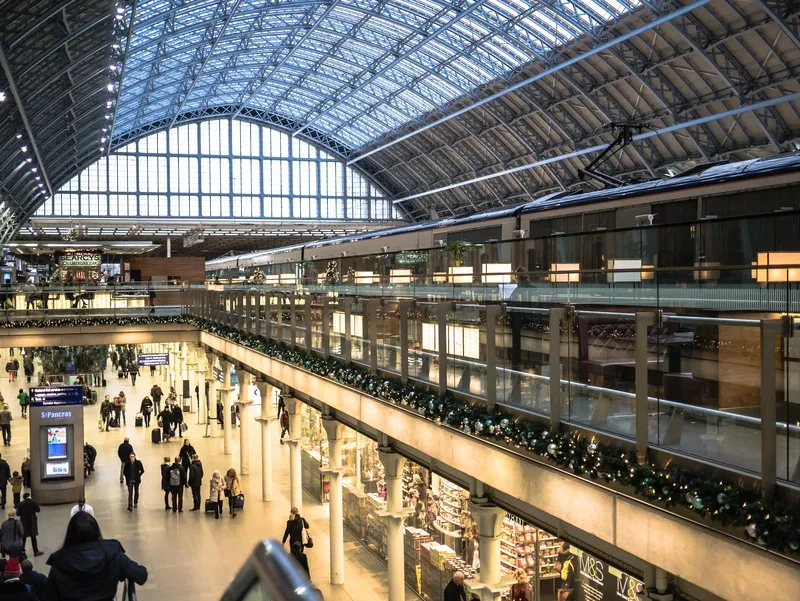The UK government is investing US$4.4 million into a trial of paperless ticketing as it starts its multi-million pound push to deliver smart card technology to rail passengers across the south east, Transport Minister Norman Baker has announced. Train operator c2c, which operates between London and the Essex coast, will upgrade ticketing systems at all of its stations outside London, paving the way for passengers to start using smart cards in the region. This will be rolled out on services outside London fr
September 2, 2013
Read time: 3 mins
The UK government is investing US$4.4 million into a trial of paperless ticketing as it starts its multi-million pound push to deliver smart card technology to rail passengers across the south east, Transport Minister Norman Baker has announced.
Train operator c2c, which operates between London and the Essex coast, will upgrade ticketing systems at all of its stations outside London, paving the way for passengers to start using smart cards in the region. This will be rolled out on services outside London from January and those into the capital from April.
The pilot is the first major step for the1837 Department for Transport’s US$70 million south east flexible ticketing scheme, which has been launched to promote seamless and convenient travel across the region.
Baker said: “Smart ticketing is the passport for more efficient and flexible travel for passengers and I want to see this technology rolled out as far and as quickly as possible. This pilot with c2c is a vital step in making that ambition a reality and will be used as a benchmark to drive innovation across the rail network for years to come.
“We want to build a stronger economy in a fairer society and this will not only help the tens of thousands of passengers who use these services every day but will also deliver benefits to our economy by getting commuters to their places of work quickly and on time.
The Department for Transport will evaluate the results of the pilot as part of government plans to roll out smart ticketing across the entire south east region by the end of 2015.
c2c currently operates 26 railways stations, serving 90,000 passengers daily.
c2c managing director Julian Drury commented: “We’re delighted that passengers on c2c will be the first to benefit from the government’s expansion of smart ticketing across the south east. We are already the first train company to have ticket barriers in place at every single station, and we’ll be working closely with the Department for Transport over the next few months to ensure c2c passengers can enjoy a simple and flexible ticketing system which lets them beat the queues and makes their journeys easier from early next year.”
Train operator c2c, which operates between London and the Essex coast, will upgrade ticketing systems at all of its stations outside London, paving the way for passengers to start using smart cards in the region. This will be rolled out on services outside London from January and those into the capital from April.
The pilot is the first major step for the
Baker said: “Smart ticketing is the passport for more efficient and flexible travel for passengers and I want to see this technology rolled out as far and as quickly as possible. This pilot with c2c is a vital step in making that ambition a reality and will be used as a benchmark to drive innovation across the rail network for years to come.
“We want to build a stronger economy in a fairer society and this will not only help the tens of thousands of passengers who use these services every day but will also deliver benefits to our economy by getting commuters to their places of work quickly and on time.
The Department for Transport will evaluate the results of the pilot as part of government plans to roll out smart ticketing across the entire south east region by the end of 2015.
c2c currently operates 26 railways stations, serving 90,000 passengers daily.
c2c managing director Julian Drury commented: “We’re delighted that passengers on c2c will be the first to benefit from the government’s expansion of smart ticketing across the south east. We are already the first train company to have ticket barriers in place at every single station, and we’ll be working closely with the Department for Transport over the next few months to ensure c2c passengers can enjoy a simple and flexible ticketing system which lets them beat the queues and makes their journeys easier from early next year.”








